I’m fascinated by politics, religion and the meaning of life – if there is one. I’m also fascinated by death. By that I mean what happens when we die and then after death.
Every religion has a similar yet different take on it. Even non-believers, like me, struggle to make our minds up. I’ve changed my opinion numerous times, and still continue to do so. The jury is out as far as I’m concerned.
Therefore, starting today, I’m about to bring you a series of columns all related to death. Fear not, it won’t be gory, but hopefully interesting, thought-provoking, and dare I say maybe even humorous.
As the old saying goes, the only things you can’t avoid in life are death and taxes.
I disagree.
Actually, you can avoid taxes. It can be done legally if you play the system and work the rules to your advantage. You can also, of course, avoid taxes illegally – but I wouldn’t recommend it. You might even get away with it – but it’s really not worth the risk.
So, the only thing you cannot avoid in life is death.
What does death mean?
Having said that, maybe you can?
I don’t mean discover a magic pill that keeps you alive forever. If, for example, you believe in reincarnation, then maybe you can “avoid” death?
What does “death” even mean? I guess it means different things according to what you believe.
My first experience of death was when my great uncle Jim died. I was just a kid. We all shuffled into the living room of whoever’s house it was, and there he was lying in an open coffin in the middle of the room. I was a mix of scared yet intrigued at the same time.
I don’t think we display bodies in living rooms anymore, do we? Probably not the most hygienic thing to do with central heating and double glazing.
My first experience of actually being with someone at the time of death was my dear friend John a few years ago. Terminal cancer is awful, primarily for the person going through it. It’s no picnic for loved ones either, as I’m sure many of you reading this will know.
Watching a loved one deteriorate before your very eyes can be distressing. But I tried immensely hard not to show it. Not good for John to observe me observing him.
Different way of thinking about life
Eckhart Tolle is best described as a spiritual teacher. I discovered him around 12 years ago, have read his books and listened to numerous talks. To me, he is a genius. His book, The Power of Now, changed my whole way of thinking about life.
On talking about death, Tolle says: “As the body begins to weaken, the light of consciousness can shine more easily.”
And I swear I experienced this. The cancer nurses had just been in, washed and shaved John, and he was now propped up in bed. I’d watched him go downhill day by day for weeks, but right now, at that moment, he looked at me intently, which surprised me as the morphine had made him groggy for many days. But now, for a few minutes, he was totally focused and clear. He took my hand and smiled from somewhere deep within.
He looked radiant. He almost sparkled, he had a glow and I didn’t look at him as a physical body anymore. I also think that I let go of John, not three days later when his body died, but at that precise, unique moment.
I distinctly remember, once the inevitable had happened, I looked at him and thought – no I “knew” – that’s just an empty shell now, that’s not my John.
Despite feeling profoundly sad he was gone, these thoughts brought me comfort.
This time last year, it was my dad.
Acceptance of what’s to come
In a hospital bed, he talked when he could, but slept often. I read my columns to him – and knew he was listening, for I’d see his facial expression change, he even managed a smile, but it took immense energy.
But these windows of opportunity to communicate soon passed, and dad drifted in and out of consciousness. In his final days, his body was so hot in that hospital room, and because I always have cold hands, I sat and held his to cool him down. It brought him relief. I just sat and stroked his hand and talked to him. The hearing is often the last thing to go, so I’m told. I always tried to be present, never emotional about my feelings, for this was not about me.
I managed to surrender to it all. I most certainly do not mean surrender to illness, for we were way past that. Acceptance of what’s to come can help you deal with it, but completely surrendering to it is way more powerful.
Dad, like John, eventually passed peacefully.
I did not handle these two deaths “well” because I was naturally good at such things. Believe me, without Tolle’s words of wisdom, I would have been a wreck – angry, crying and stressed during the aforementioned deaths. And that is certainly not good for the person who is dying.
Where does consciousness go?
Tolle taught me how to behave in such inevitable circumstances, to accept, to go with what is and surrender to it.
Do you believe that when you die, that’s it? Or do you in fact believe in heaven? Or even hell?
Personally, I don’t believe in heaven or hell. I’m not sure about the idea of a soul, although I don’t dismiss it. I’m pulled towards the idea of a spirit, or maybe even a consciousness. Does that go somewhere when we die?
I do not believe that we are our bodies. I am not skin and bone and muscle and fat. What makes “me” me is not my body, it’s merely a shell we inhabit for a number of years.
Therefore when the body dies, surely, I am not dead, and my spirit or consciousness or even the energy which really makes me, me, must go somewhere?
Then again, maybe it doesn’t. I don’t know
Despite the fact I’d love to know that my “energy” goes off into nature and becomes, say, a tree in a beautiful valley, I also like the idea of just nothingness after death. It’s gone, I’m gone, and it’s all peaceful bliss and quiet.
Much like when you go into a deep sleep. No thoughts, no noise, no stress, just nothingness.
So, what really happens when we die? The only honest answer is – I don’t know. You don’t know. Nobody knows.
Finding comfort after loss
Harry Houdini, the world-famous escape artist, apparently said that if there was an afterlife, he’d find a way to come back.
What do you think? Do you believe in a soul? If so, does it go to heaven, or down below? Do you believe in a spirit? And if so, where does it go? Or when the body finally stops working, is that it, we are no more? I’d love to hear you views.
I want to share with you what to me is a deeply moving piece of writing. It was written by the Reverend Henry Scott Holland.
As a non-believer of the heaven of the bible, I accept I’m going to contradict myself here. All I can admit is that this poem has given me much comfort over the years. Hopefully it can bring some peace into your life, if ever needed.
Death is nothing at all.
I have only slipped into the next room.
I am I and you are you.
Whatever we were to each other, that we are still.
Call me by my old familiar name, speak to me in the easy way which you always used.
Put no difference in your tone, wear no forced air of solemnity or sorrow.
Laugh as we always laughed at the little jokes we enjoyed together.
Play, smile, think of me, pray for me.
Let my name be ever the household word that it always was.
Let it be spoken without effect, without the trace of shadow on it.
Life means all that it ever meant.
It is the same as it ever was, there is unbroken continuity.
Why should I be out of mind because I am out of sight?
I am waiting for you, for an interval, somewhere very near, just around the corner.
All is well.
Next week – Burial, cremation, embalming, or even cryonics?
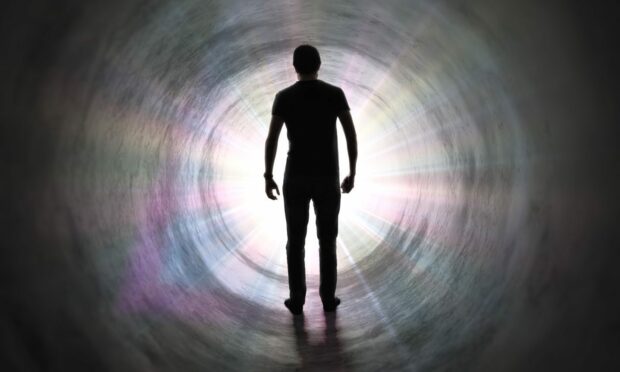
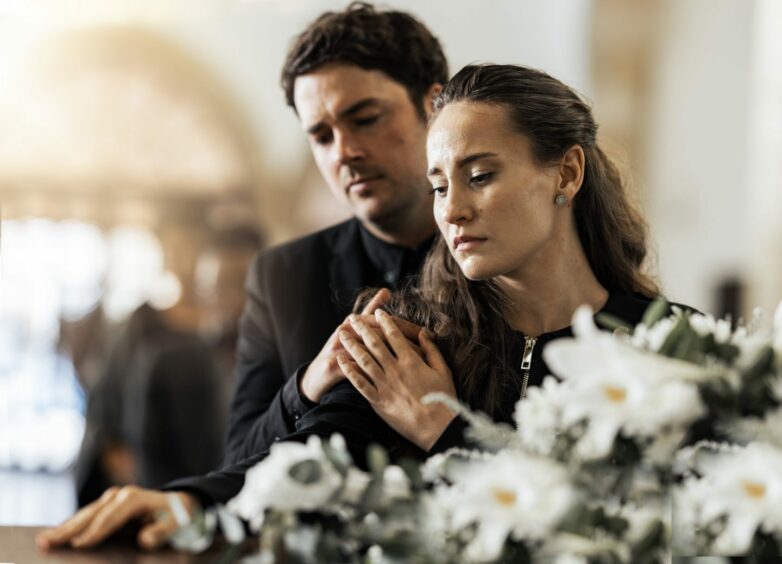
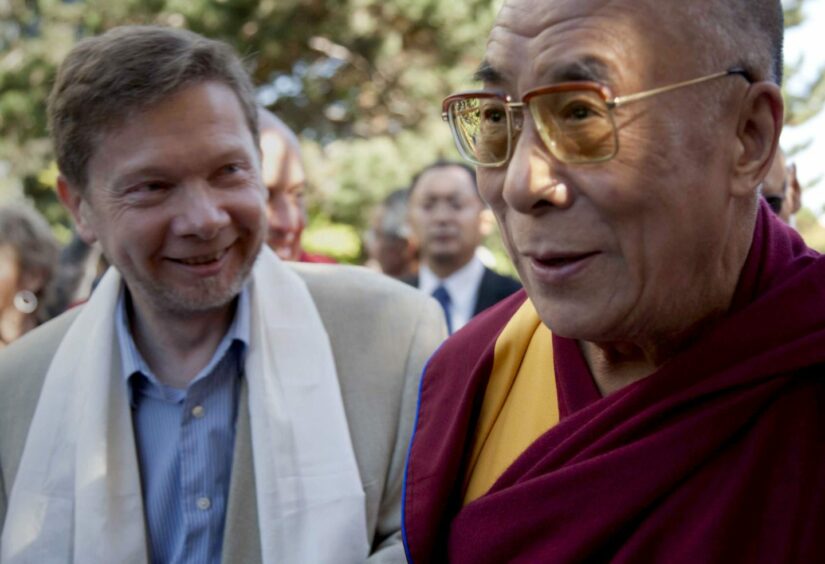
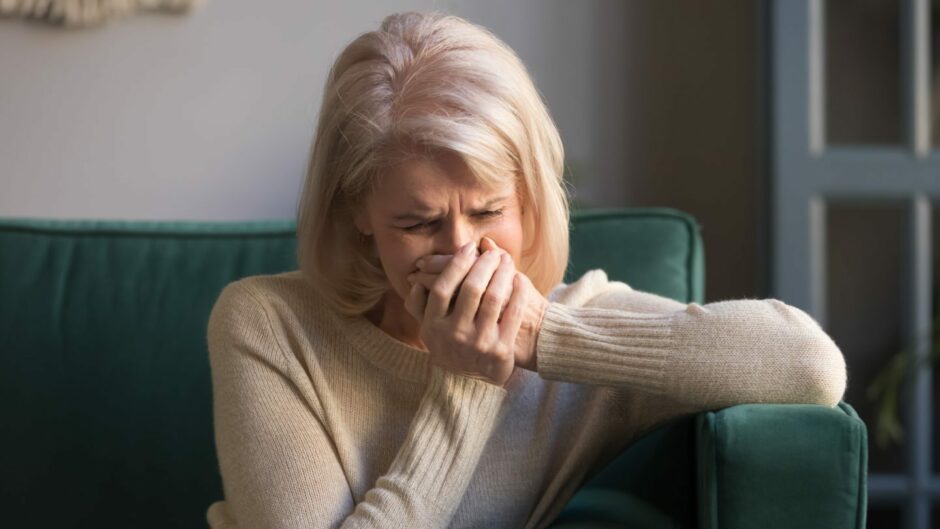
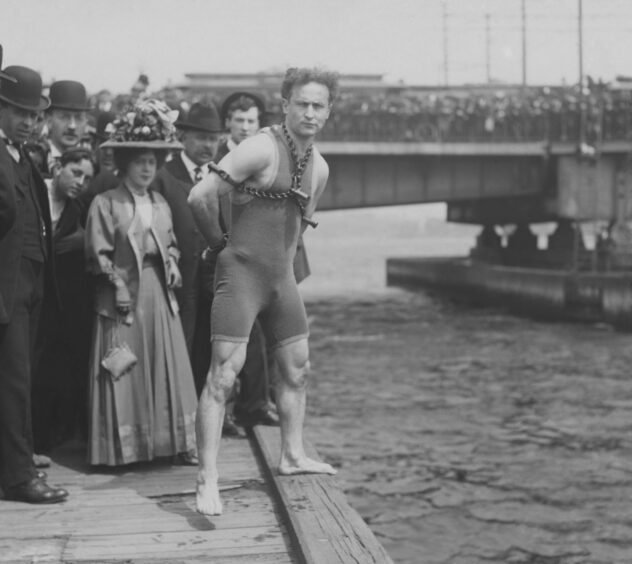
Conversation